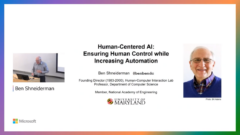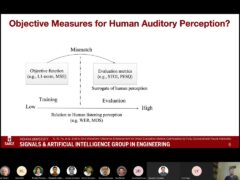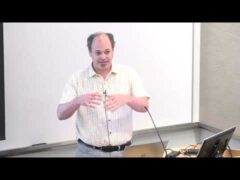Future (Present?) of Machine Translation
- Kyunghyun Cho | New York University
It is quite easy to believe that the recently proposed approach to machine translation, called neural machine translation, is simply yet another approach to statistical machine translation. This belief may drive research effort toward (incrementally) improving the existing neural machine translation system to outperform, or perform comparably to, the existing variants of phrase-based systems. In this talk, I aim to convince you otherwise. I argue that neural machine translation is not here to compete against the existing translation systems, but to open new opportunities in the field of machine translation. I will discuss three opportunities; (1) sub-word-level translation, (2) larger-context translation and (3) multilingual translation.
-
-

Will Lewis
Principal PM Architect
-
-
Series: Microsoft Research Talks
-
Decoding the Human Brain – A Neurosurgeon’s Experience
- Dr. Pascal O. Zinn
-
-
-
-
-
-
Challenges in Evolving a Successful Database Product (SQL Server) to a Cloud Service (SQL Azure)
- Hanuma Kodavalla,
- Phil Bernstein
-
Improving text prediction accuracy using neurophysiology
- Sophia Mehdizadeh
-
Tongue-Gesture Recognition in Head-Mounted Displays
- Tan Gemicioglu
-
DIABLo: a Deep Individual-Agnostic Binaural Localizer
- Shoken Kaneko
-
-
-
-
Audio-based Toxic Language Detection
- Midia Yousefi
-
-
From SqueezeNet to SqueezeBERT: Developing Efficient Deep Neural Networks
- Forrest Iandola,
- Sujeeth Bharadwaj
-
Hope Speech and Help Speech: Surfacing Positivity Amidst Hate
- Ashique Khudabukhsh
-
-
-
Towards Mainstream Brain-Computer Interfaces (BCIs)
- Brendan Allison
-
-
-
-
Learning Structured Models for Safe Robot Control
- Subramanian Ramamoorthy
-
























